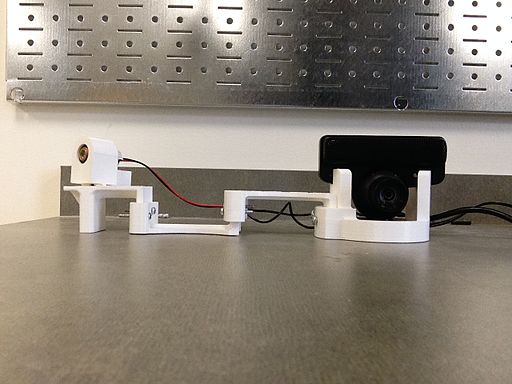
If you are a business owner who has just discovered the almost unlimited uses for 3D scanning, you may be tempted to utilize this technology in your company. It is also quite likely that you have some questions and concerns about this highly advanced technology and wonder if it can be profitable for your business. One of the factors you should learn about is copyrights, when they are necessary and when they are not and how to legally protect you, your business and your potential clients.
Originality May Affect the Copyright
One of the reasons that you may not be able to copyright a 3D scan is because the object is not original to the client. Many entrepreneurs use this type of scan to make a replica of the object and to mass produce them. That in itself, takes away from the originality aspect, even though making the scan involves a bevy of highly honed skills.
Making a Profit with 3D Scans
Although no one wants to be involved in a business litigation where you are accused of doing something illegal, there are ways to still make a profit from your 3D scans that are within the law. You can simply sell access to your scans or charge the client a fee for scanning their own items. These types of business dealings are legal and helpful to many who desire these scans.
Benefit of Not Having a Copyright
You may wonder if the lack of a copyright will decrease your bottom line and prevent you from making a profit. This is rarely the case. Since the scan doesn’t have a copyright, the digitized version is free from the legal issues that prevent engineers, designers and other craftsmen from making creative changes and improvements to the digitized version. After scanning the item, many entrepreneurs offer services to finish the project, thus resulting in more of a profit. These types of finishes include dyeing and polishing the item. This adds to the creative element and the resourcefulness of this option is only limited by the imagination. The excitement this inspires makes scans without copyrights even more valuable.
Items that Require Copyrights
Remember, any time you are scanning an item to create exact duplicates, you need to apply for a copyright. Always do this when you are scanning famous or historical works of arts, such as paintings and sculptures. There are many other items that may need a copyright as well. Obtain helpful information from California intellectual property lawyers and those from other states who can guide you in this legal process. It may seem that this step is time-consuming and expensive, but if it saves you from a lengthy litigation, the investment of time and money will be well worth the effort.
Since 3D scanning is a relatively new technology, you may find that the legal requirements evolve as rapidly as the latest techniques. This is why it is imperative for leaders in the business world to hire savvy legal representatives that are knowledgeable about all the ins and outs of this new technology. As this process becomes less expensive and more widely known, the ways 3D scanning can have a positive and prosperous effect on your business will grow right along with the most up-to-date technology.
Video By SPACESCAN (original video), Kollision (edits) (Vimeo: St. Joseph’s Church) [CC BY 3.0 (http://creativecommons.org/licenses/by/3.0)], via Wikimedia Commons

